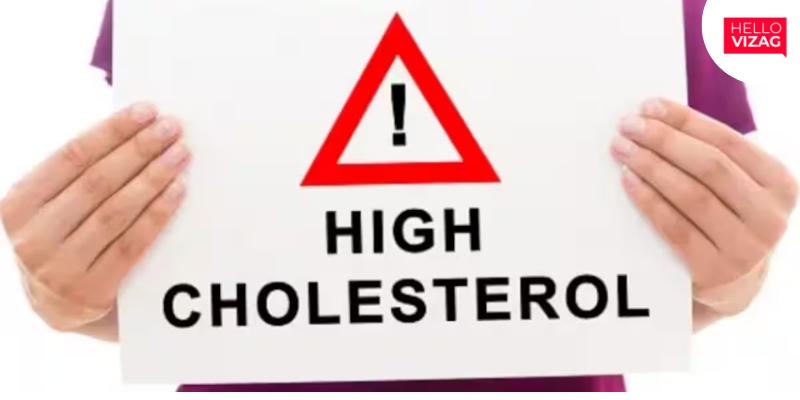5 Warning Signs That May Indicate High Cholesterol
High cholesterol is often called a “silent killer” because it usually lacks clear symptoms until it leads to severe health complications. However, certain subtle signs can serve as early warnings, indicating the need for medical evaluation. Here are five potential signs of high cholesterol that should not be ignored:
1. Shortness of Breath
Unexplained shortness of breath can indicate that cholesterol build-up in the arteries is restricting blood flow to the heart. This condition, known as atherosclerosis, reduces the supply of oxygen-rich blood to vital organs and can lead to severe cardiovascular problems. If you experience difficulty breathing during light physical activity or even at rest, it’s important to seek medical advice immediately.
2. Nausea
Frequent or persistent nausea can sometimes be linked to high cholesterol. Plaque build-up in the arteries can disrupt blood flow to the heart, causing discomfort or nausea. This symptom may also accompany more severe conditions, such as heart attacks or angina. If nausea is persistent and occurs alongside chest discomfort or shortness of breath, consult a doctor promptly.
3. Cold Feet and Leg Numbness
Cold feet or numbness in the legs may result from poor circulation caused by peripheral artery disease (PAD), which occurs when high cholesterol leads to plaque build-up in the arteries of the legs. If you frequently experience cold extremities or tingling sensations, especially during physical activity, it could signal high cholesterol and requires medical attention.
4. Slow-Healing Foot Ulcers
Foot ulcers that take an unusually long time to heal can be a serious indicator of high cholesterol. Poor circulation, caused by narrowed arteries, prevents wounds from receiving the necessary blood supply to heal properly. Persistent sores or ulcers on the feet should prompt an evaluation of cholesterol levels and vascular health.
5. Fatty Deposits and Arterial Blockages
Over time, untreated high cholesterol can cause fatty deposits to accumulate in blood vessels, restricting blood flow and increasing the risk of heart attacks or strokes. These deposits can also result in clots that further block blood flow. While this process may not have immediate symptoms, it underscores the importance of regular health check-ups.
Why Early Detection Matters
High cholesterol can lead to life-threatening conditions like heart disease and stroke. Regular cholesterol screenings, a healthy diet, exercise, and medications (if prescribed) can help manage cholesterol levels and prevent complications. If you notice any of the above signs, consult a healthcare professional for proper diagnosis and treatment.
Taking proactive steps can save lives—don’t wait for the warning signs to become severe.
For More Updates: Follow Us https://www.instagram.com/hellovizag.in/

 Team Hello Vizag
Team Hello Vizag




















